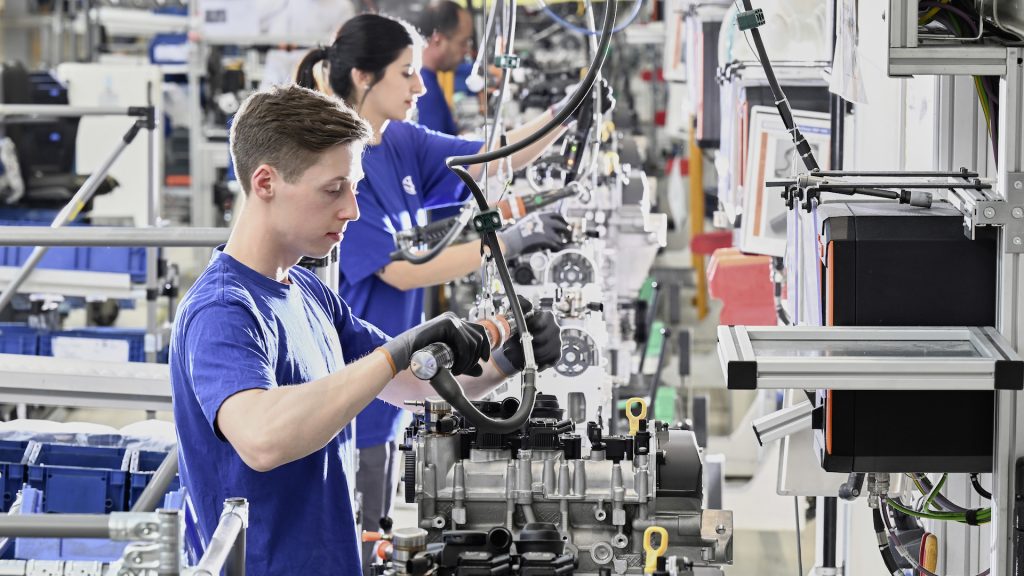Germany Rejects Europe’s Proposal to Ban Gas-Powered Vehicles by 2035

Back in October 2022, the European Parliament came to an agreement that automakers must reach a 100% reduction in CO2 emissions by 2035. That would mean that all 27 countries in the European Union would prohibit the sale of new gas-powered vehicles.
However, Germany aims to propose an alternative solution to the ban on new ICE vehicles. They have also teamed up with transport ministers from Italy, Poland, Romania, the Czech Republic, Hungary, and Slovakia in an effort to write up a proposal of their own.
RELATED: EU Approves of Ban on Gas-Powered Car Sales by 2035
Volker Wissing, the transport minister of Germany believes that the EU’s push to convert entirely to electric vehicles by 2035 is something that will not work in the country’s favor. Wissing, along with transport ministers of Italy, Poland, and the Czech Republic are skeptical about phasing out internal combustion vehicles because they don’t believe it is the best solution to reduce carbon emissions. He, along with many other countries proposes that the EU implement a new category of ICE cars that would be able to run on synthetic, carbon-neutral fuels beyond 2035 as demonstrated by Porsche.
EU Commission working on e-fuel exemption for Germany to get combustion car ban finalized https://t.co/rSqqDzJaRz by @scooterdoll
— Electrek.co (@ElectrekCo) March 13, 2023
Germany made a last-minute decision in early March 2023 to halt the EU’s CO2 law, which was created to speed up the sales and production of electric vehicles. This came as a big surprise to other members of the European Union as the European Parliament had previously declared the eventual phase-out of ICE cars by 2035.













